
There are plenty of elements that go into making a great fantasy book or series. The world, characters, and plot all play a huge role in how enjoyable a fantasy story is. One of the biggest parts of writing a fantastic fantasy is creating a good magic system. This refers to the rules of magic in the story, as well as its limitations and the abilities a magician can and can’t possess.
These rules dictate what is possible and what is impossible in your magical world. Sure, you could give a character a wand and say “anything goes”, but a world where everything’s possible gets boring quickly. Magic needs limitations to be compelling, and to create conflicts for your characters.
As a huge fan of fantasy, I can recommend several stories with interesting and complex systems for the way magic works in their worlds. Here are seven books and series with inventive magic systems.
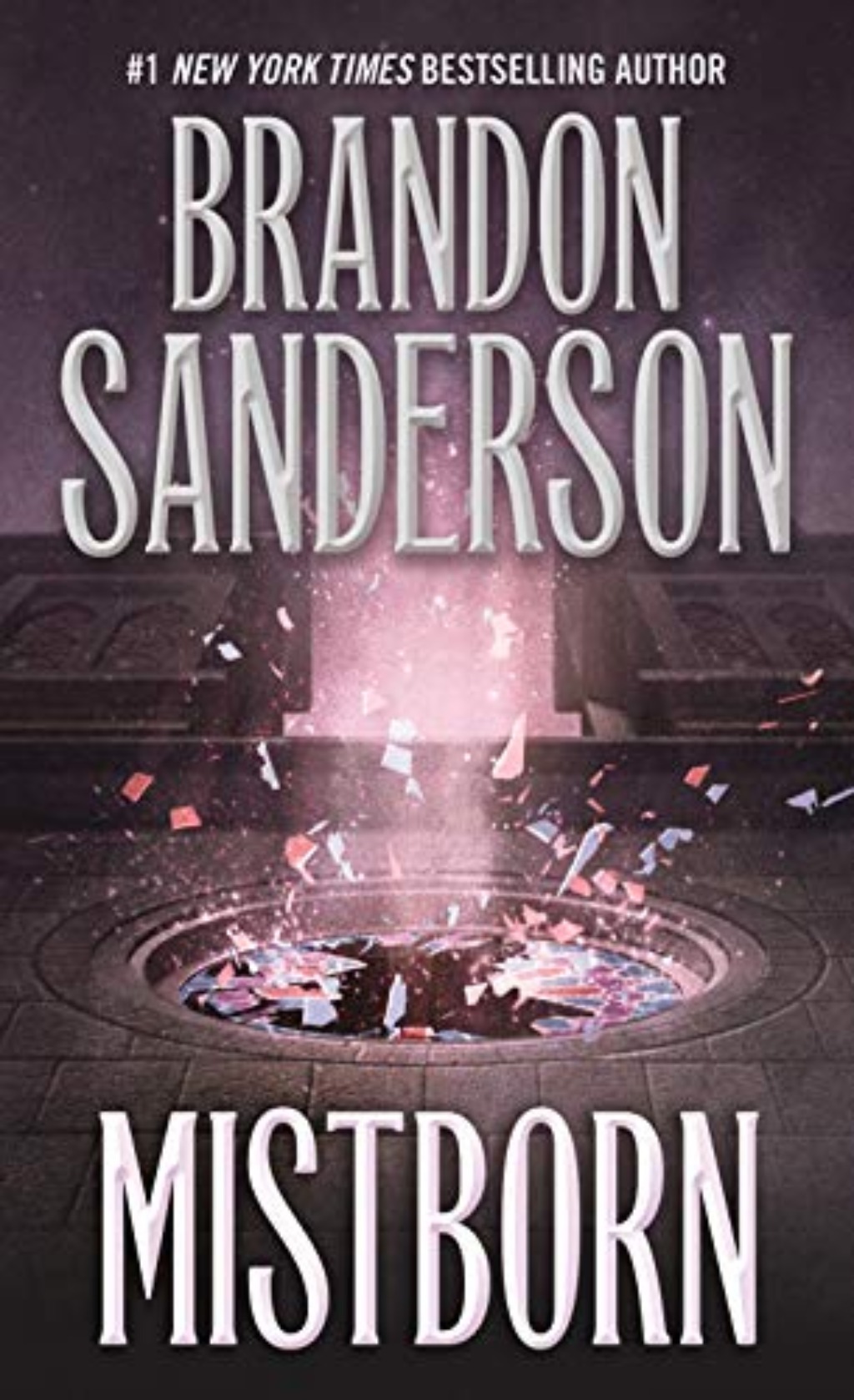
1) The Mistborn series by Brandon Sanderson
For a thousand years, the Lord Ruler, the “Sliver of Infinity”, has subjected his subjects to his tyrannical rule, completely invincible. Ash has rained down and not one flower has bloomed while the Skaa have lived in fear and slaved in misery. Hope was lost until half-Skaa Kelsier, a gifted thief and natural leader, finds the powers of a Mistborn. He plans the ultimate caper, with the Lord Ruler himself as the mark.
Brandon Sanderson is known as a master of creating complex magical systems, so it was natural to include his Mistborn series first on this list. These books feature three disciplines that are all based on metals: Allomancy, Feruchemy, and Hemalurgy. These magic systems are extremely detailed and well thought-out. I highly recommend checking out Sanderson’s articles on his three laws of magic, which will greatly help to improve developing your own magic systems.
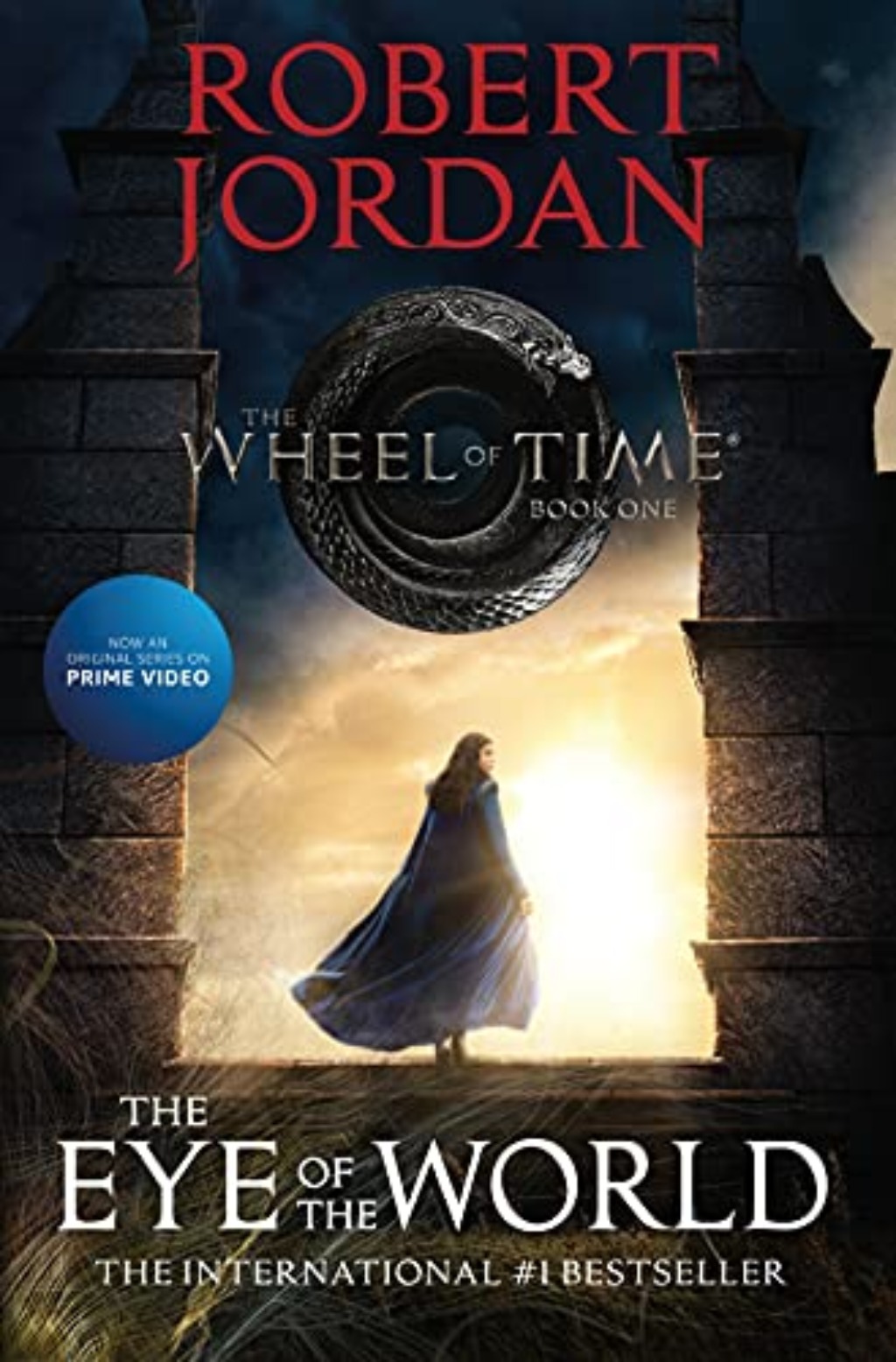
2) The Wheel of Time series by Robert Jordan with Brandon Sanderson
As the Wheel of Time turns and Ages come and pass, they leave memories that become legend. Legend becomes myth and the myth is long forgotten by the time the Age that gave it birth returns again. What was, what is, and what will be may yet fall under the Shadow. When a band of half-men, half-beasts attacks the Two Rivers, Moraine convinces Rand al’Thor and his friends to leave their homes and follow her into a larger world full of dangers waiting in the shadows and in the light.
What was originally planned to be a six-book series grew into fourteen volumes—the last three of which were completed by Brandon Sanderson after Jordan’s death. The magic system at its core is not terribly original—people manipulate the Aristotelian elements: fire, earth, water, air, and spirit. It’s the limitation of practitioners having to draw forth threads of these elements and weave the different powers into complicated patterns that keeps things truly fascinating. Now this series is being adapted into a show on Prime Video.
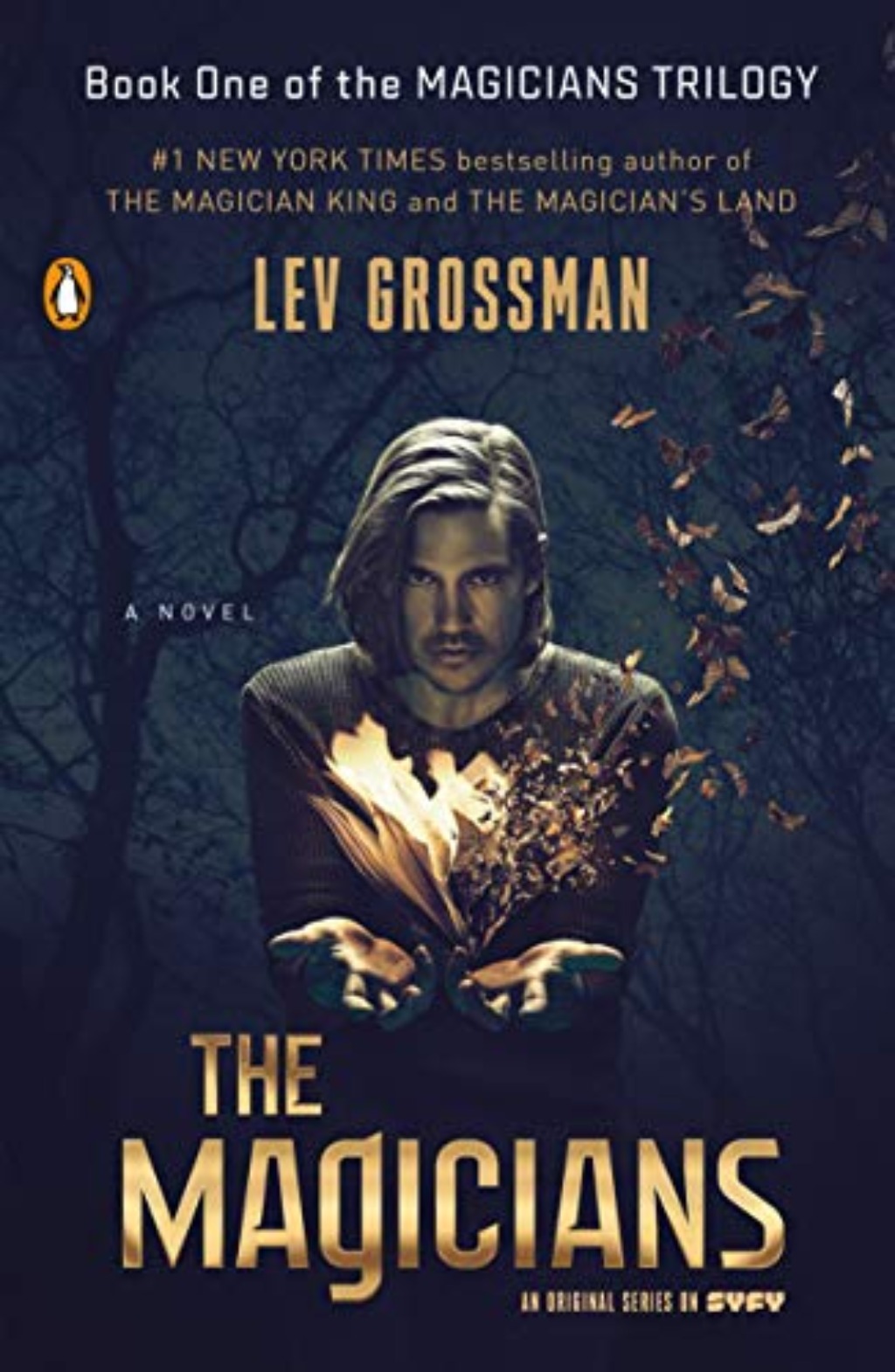
3) The Magicians trilogy by Lev Grossman
Quentin Coldwater is a high school math genius who is fascinated by children’s fantasy novels that take place in the magical world of Fillory. The real world seems dreary by comparison until Quentin is unexpectedly admitted to a secret college of magic. This seems like a dream come true at first but Quentin’s newfound powers lead him into hedonism and disillusionment, and ultimately to the dark secret behind Fillory. The basis of Quentin’s childhood fantasies turns out to be far darker and more dangerous than he could have dreamed.
These novels are for children who grew up with Hogwarts and Narnia and are now looking for a more adult magical adventure. The magic system in this series is unique in that no wands are used. Instead, the characters use an intricate series of hand and finger movements to perform magic. SyFy did an excellent adaptation of these books into a TV series, which you can watch in its entirety on Netflix.
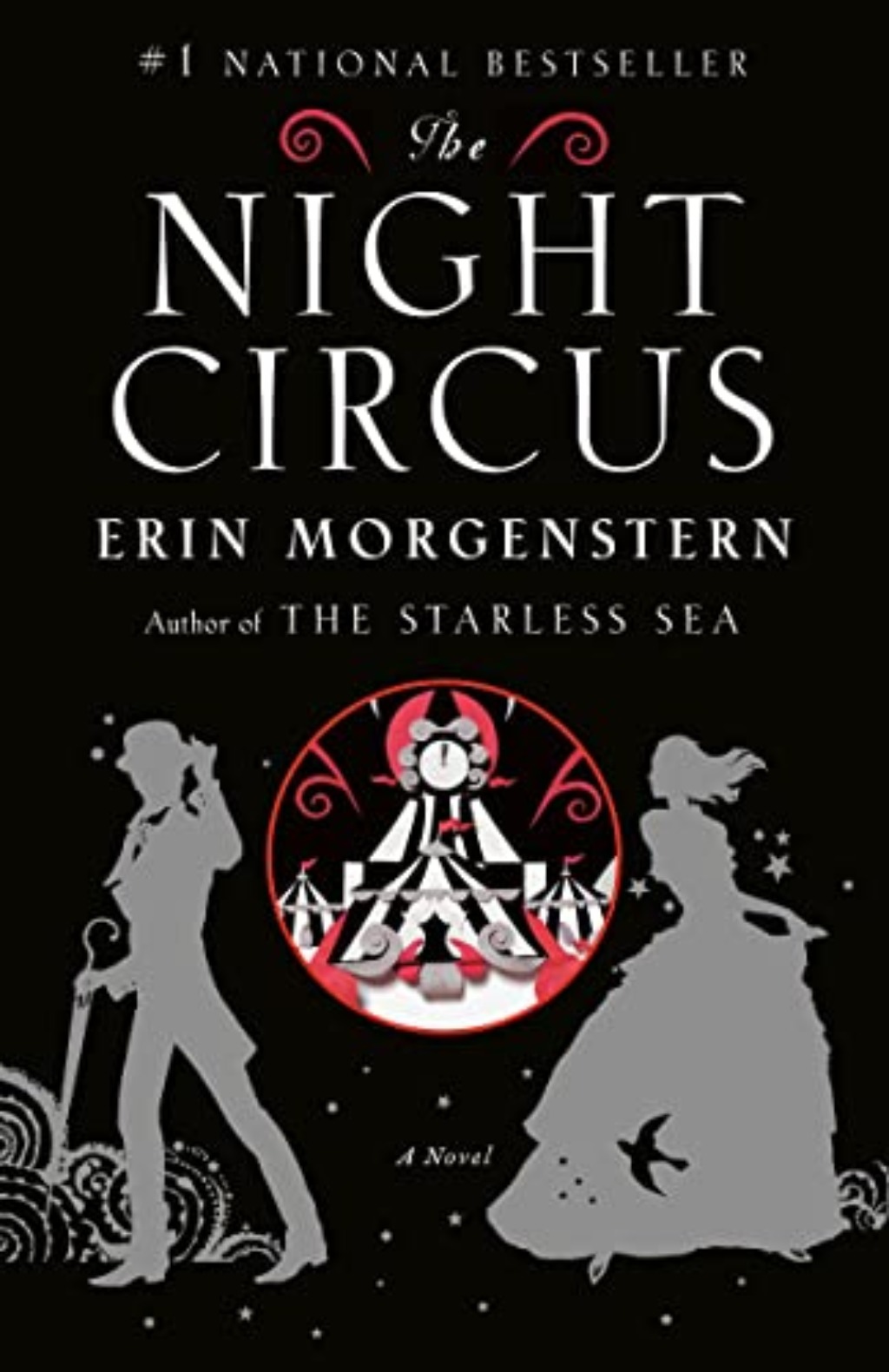
4) The Night Circus by Erin Morgenstern
Le Cirque des Rêves arrives without warning. Where there was a simple field one day, the next there is a magnificent circus full of black-and-white striped canvas tents that only opens at night. Inside each tent numerous fantastical wonders await. Behind the scenes of this wonderous circus, there is a fierce competition at play. Celia and Marco, trained from childhood by their mercurial instructors, battle it out without realizing that only one will be left standing in the end. As the two fall into a passionate love affair, they set off a domino effect of consequences that endanger everyone, from the performers to the patrons.
I’ve mentioned before how dearly I love the world and love story in this book. This novel also features a clash of two different magic systems. Marco’s magic is academic—he bases it on glyphs and symbols. While Celia’s magic, on the other hand, is more intuitive and she uses her own mind as the focal point. As one character states in the book, “…there are many kinds of magic, after all.”
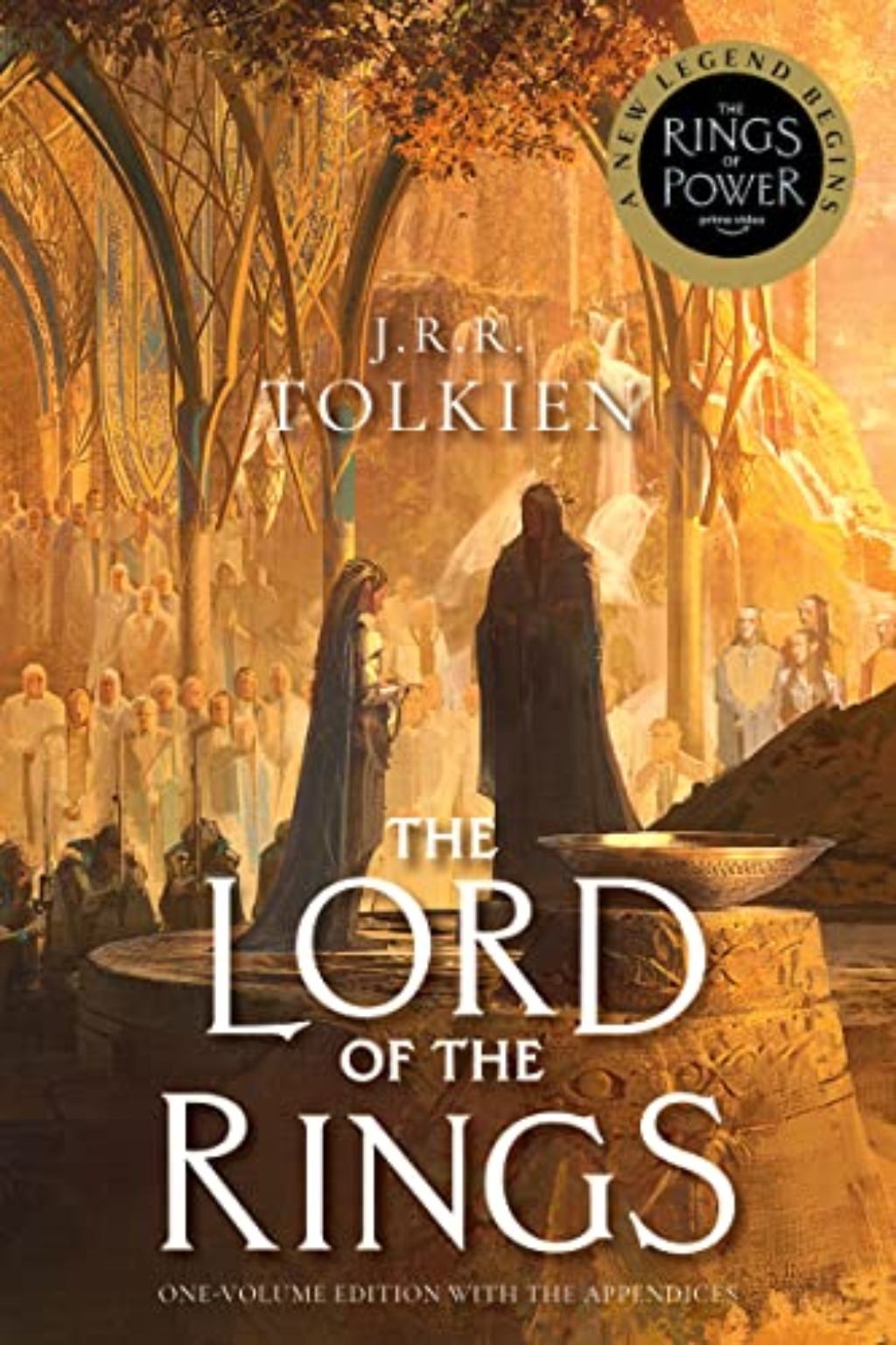
5) The Lord of the Rings trilogy by J.R.R. Tolkien
In ancient times the Elven-smiths crafted the Rings of Power. The Dark Lord, Sauron, forged the One Ring to rule all the others, filling it with his own power. But then the One Ring was stolen from him and though he searched all of Middle-earth for it, it remained lost. Many ages later, the hobbit Bilbo Baggins acquired the ring by chance. Sauron has now gathered all the Great Rings but still longs for the One Ring that will complete his dominion. On his eleventy-first birthday, Bilbo disappears and bequeaths the Ruling Ring to his young cousin Frodo along with a dangerous quest: To travel across Middle-earth and destroy the ring by casting it into the Cracks of Doom.
The Lord of the Rings is one of the most well-known and beloved fantasy series out there. Unlike the other books presented thus far on this list, the mechanics behind the characters’ magic is rarely explained. Instead, the magic of the story is mysterious, giving the reader a sense of a vast world the hobbits are entering full of unimaginable power. This is what is referred to as a “soft” magical system.
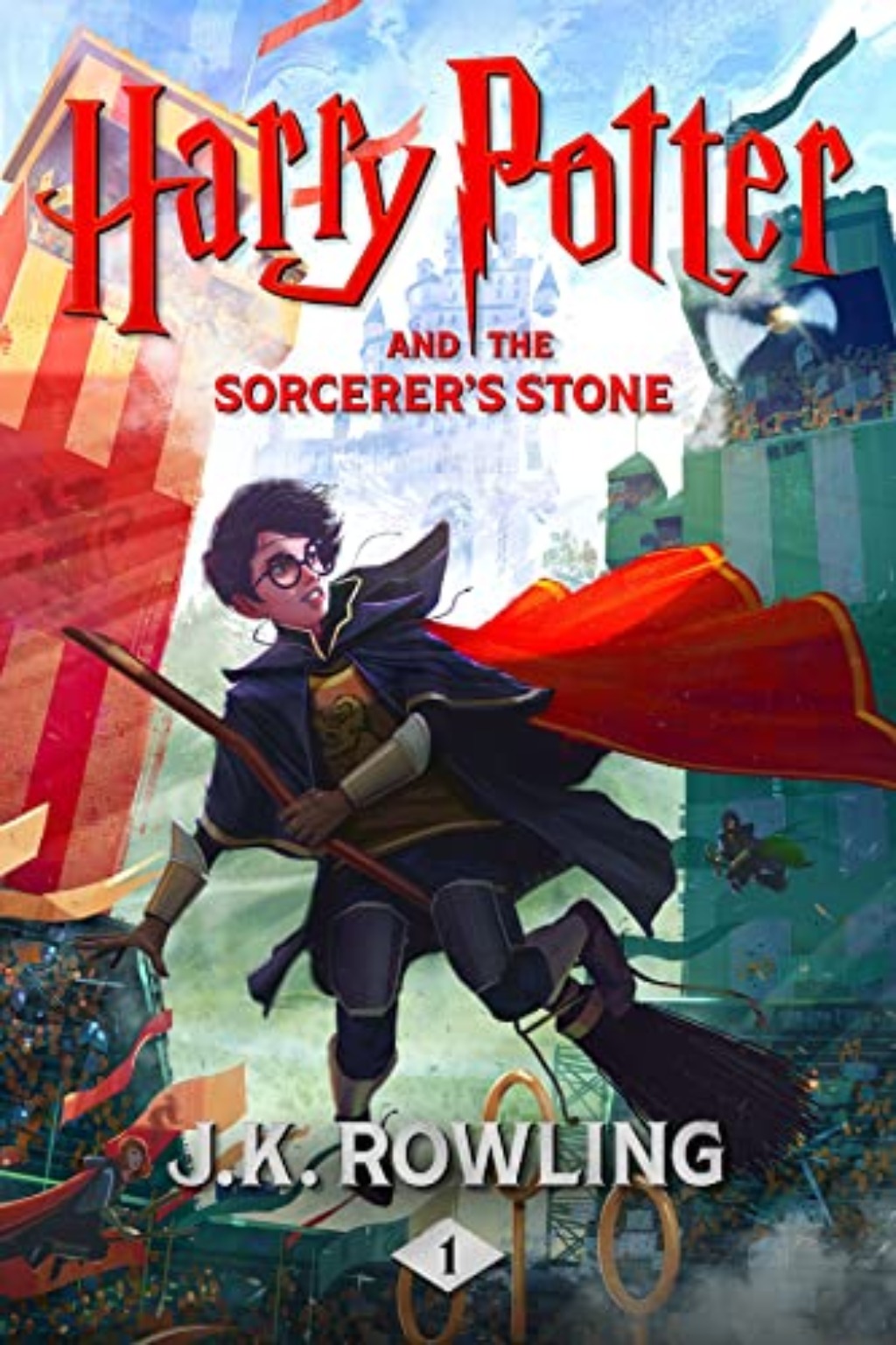
6) The Harry Potter series by J.K. Rowling
Eleven-year-old orphan Harry Potter lives a dreary life sleeping in a broom closet and being mistreated by his aunt, uncle, and spoiled cousin. But then letters start arriving from the Hogwarts School of Witchcraft and Wizardry, all confiscated by his aunt and uncle. It’s only when a great giant of a man named Hagrid arrives and informs Harry that he is a wizard with a place at this magical school. And with that, a great adventure begins.
Harry Potter was one of the first fantasy series I really loved—who wouldn’t want to be whisked away to a magical school where you could learn spells, ride broomsticks, and eat delicious-sounding food? This series’ magic is based on magical wands made of specific materials and spoken spells. There are also fascinating classes like Potions, Transfiguration, and Divination.
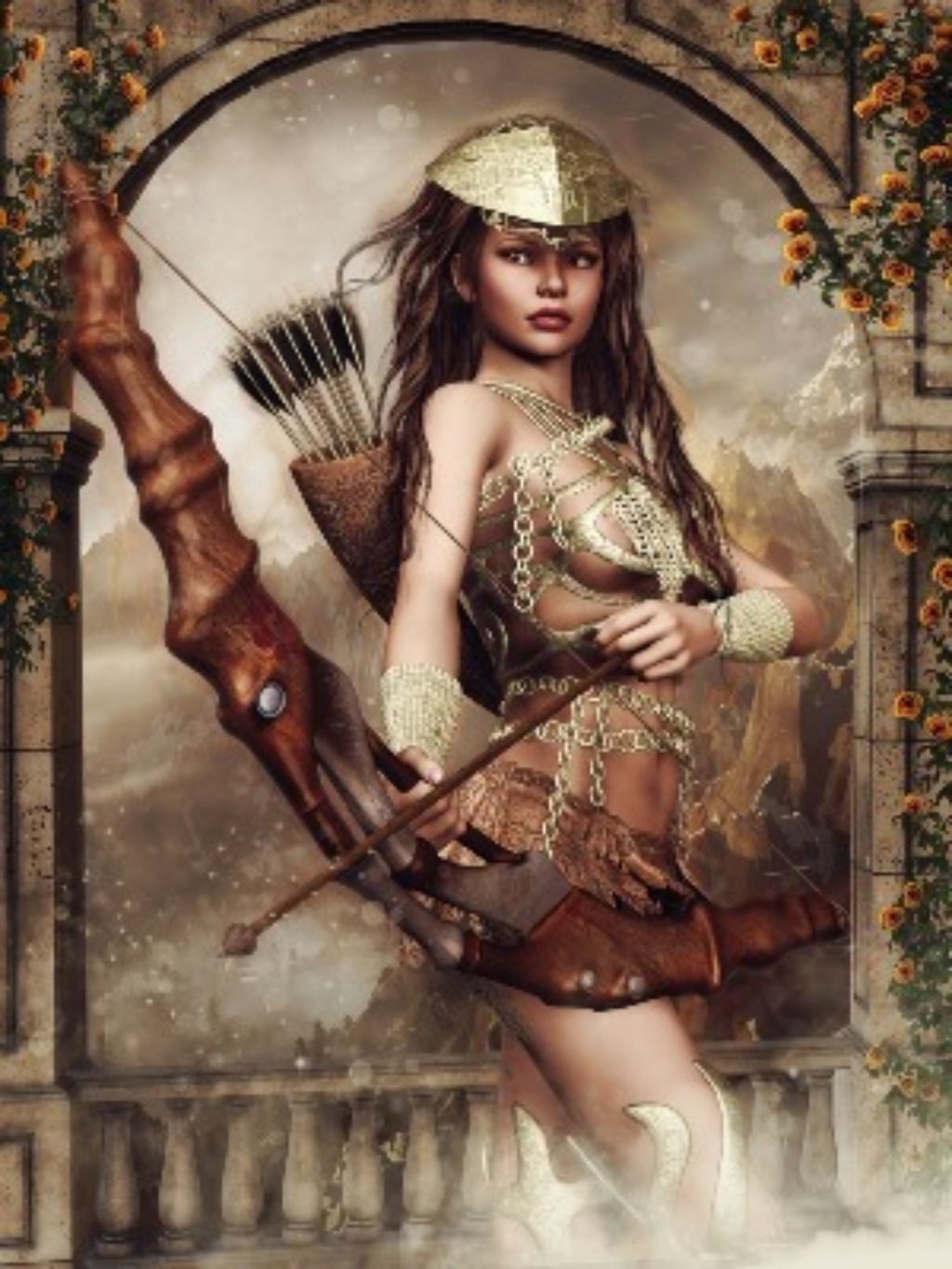
7) Haven – a litRPG by Kate Seger
When the apocalypse happens, Lola Lovecraft is one of the lucky ones. She is able to escape into the world of Haven, a virtual reality realm that was created to rescue humankind from extinction. But when Lola arrives, Haven doesn’t feel like the utopia it was meant to be. In order to survive in this harsh world, Lola must go on a quest to find the ghost in the machine and defeat it.
This litRPG’s magic system has the format of a roleplaying game, complete with types of stats that are set for each character upon entry into Haven. You may recall stats like these from games like Dungeons & Dragons, like Strength, Dexterity, and Charisma. A bonus of this novel is that you can read it right here on Fictionate!
Soak Yourself in Fiction
Follow us on Facebook | Instagram | Twitter | Discord